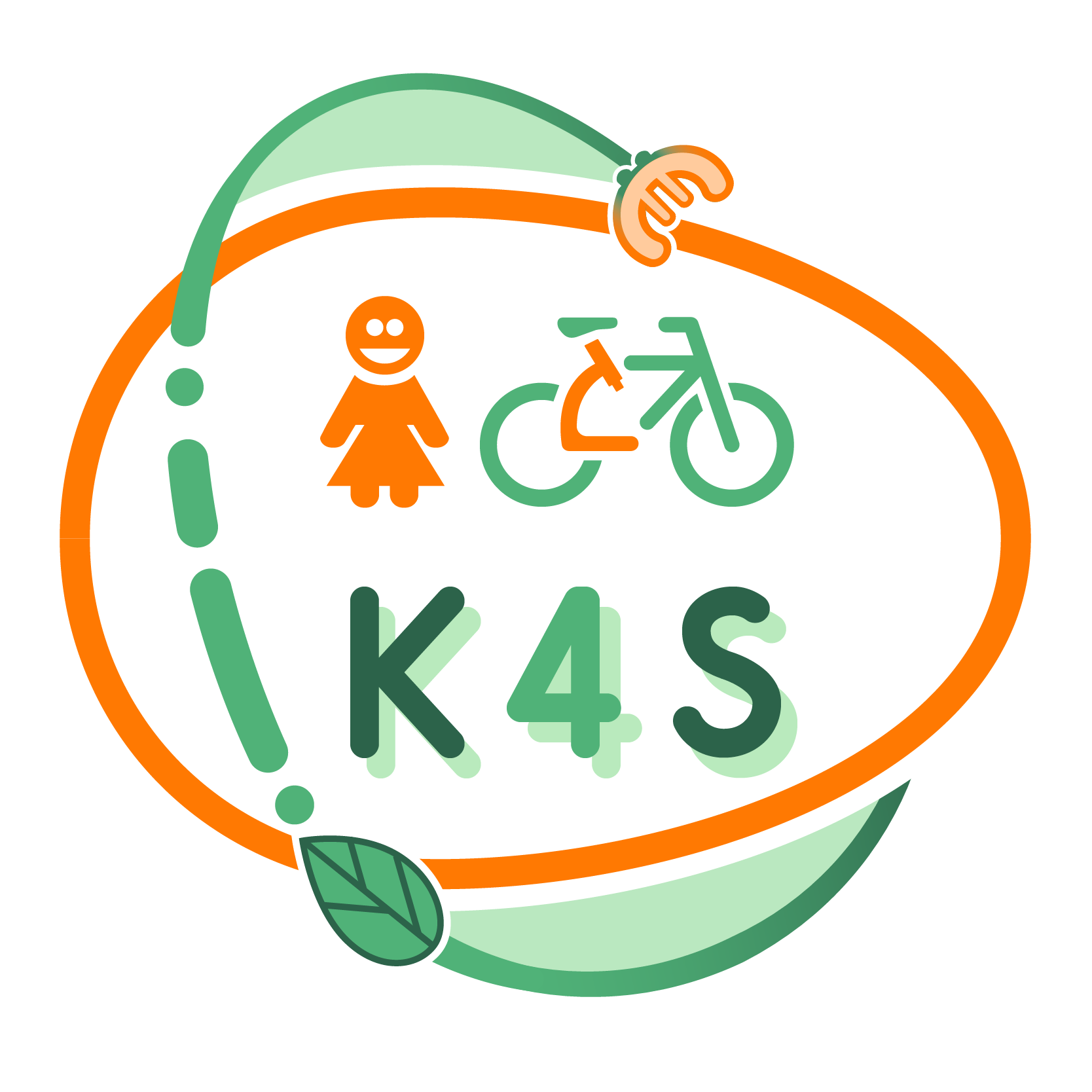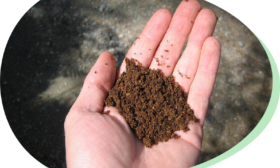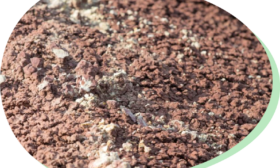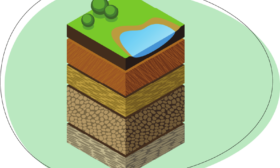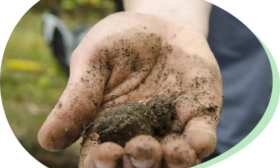LEARNING PATHWAY BASED ON SCIENTIFIC CONCEPTS
The soil – plants’ natural habitat
Overall aims:
- Exploring the role of soil for plants and human life;
- Recognizing different types of soil in nature;
- Exploring the layered structure of soil;
- Investigating the features of soil;
- Using soil for arts and crafts;
Intended learning outcomes:
The child will be able to:
- Explain the role of soil for growing plants;
- Name selected types of soil;
- Investigate the qualities of soils such as: weight, moisture, texture, pH;
- Observe the process of growing plants depending on soils type and quality – conduct longterm observation and make conclusions;
- Construct simple water filter with elements of soil;
- Design and build mini garden/ forest in glass jar;
- Understand the process of soil degradation and possibilities to reverse it;
Evaluation:
Initial – Creating the mind-map: What do you know about the soil? What else would you like to know?
Ongoing – described in each resource
Final – 7R observation method
Pathway structure
Stage I – ecological pillar
Comparing different types of soil. Investigating the properties of soil, e.g. weight, smell, color, texture, moisture. Learning how to use the qualities of soil to purify the water – constructing the natural water filter. Learning about usefulness of soil in animal and human kingdom.
- What color is the soil? – Testing different types of soil
Stage II – ecological, economical and social pillars
Exploring the layered structure of the soil. Perceiving soil as a part of the Earth’s crust. Learning about soil structure: components and layers. Recognizing the possibilities to use soil layers in home environment – creating mini garden/ or forest in glass jars. Introducing the concept of soil fertility as a set of properties that provide the plants with the right conditions for vegetation.
- What’s hidden in the soil? – Investigating the soil components
- How is soil formed? – Learning about the soil layers
Stage III – socio-cultural and ecological pillars
Learning about the process of soil degradation. Raising awareness of people’s cultural and linguistic diversity – the use of the earthworm theme in narrative and play activities with the use of modern technologies
- Soil uneven soil – How to determine soil properties?
